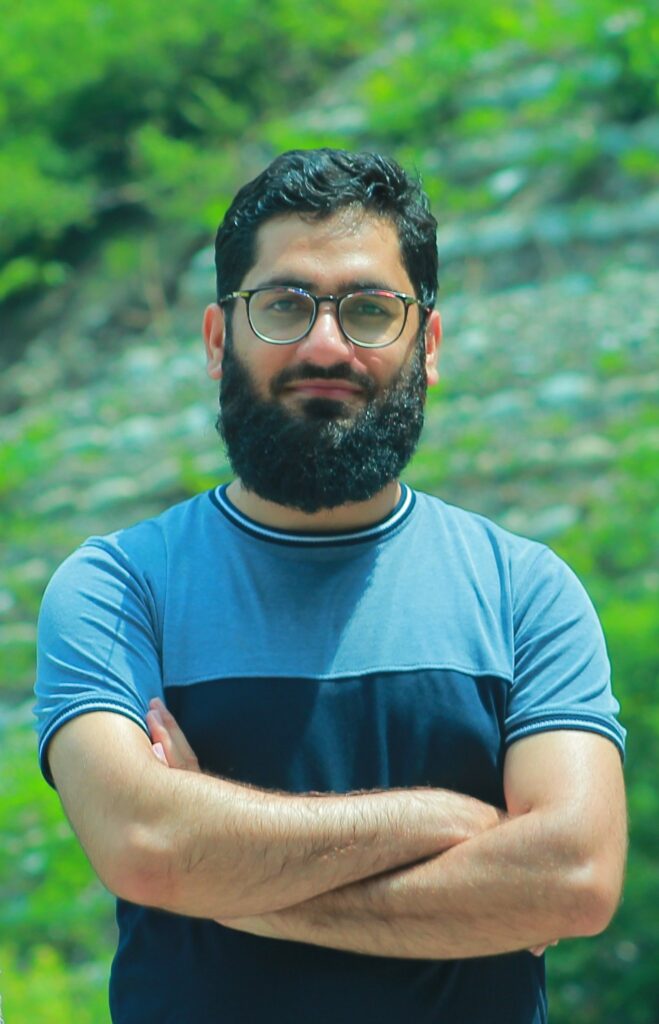MUHAMMAD UMER ASLAM
North Dakota State University, PhD Environmental and Conservation Sciences
EREF Scholar 2025

Biopolymer-Based Composite Adsorbent for Selective Microplastic Removal from Landfill Leachate
Landfills don’t just hold garbage – they also produce leachate when rainwater or moisture passes through the waste. This liquid can contain harmful substances, including microplastics (MPs). MPs come from packaging, clothing fibers, and everyday products and they eventually leak into soil and water in the surrounding environment. The problem is that most existing treatment systems are not designed to catch them. My project is developing a natural, plant-based material that can trap these particles before they spread further into the environment. The material is made from chitosan, a substance derived from shellfish, and combined with other components to make it stronger, more effective, and reusable. Removing microplastics from landfill leachate is important because it protects rivers, soil and drinking water. It also gives landfill operators a practical tool to meet environmental standards without generating additional waste. In the long run, this research contributes to cleaner water, healthier ecosystems, and more sustainable waste management practices.
Biography
Umer earned his undergraduate degree in Environmental Sciences from the University of the Punjab, Pakistan in 2013. During his studies, he established the department’s first composting site to manage campus organic waste. He later completed a Master’s in the same field and then worked in industry to broaden his experience. He began his PhD in Environmental and Conservation Sciences at North Dakota State University in Fall 2021. His doctoral research focuses on developing waste-derived, biobased composites to remove both emerging and conventional pollutants. A key part of this work it he removal of microplastics from landfill leachate. Earlier in his career, Umer contributed to a government-funded project in Pakistan that studied the spatio-temporal distribution of microplastics in major rivers. Beyond research, Umer has led plastic waste reduction drives and awareness programs that promoted responsible environmental practices in academic communities.
